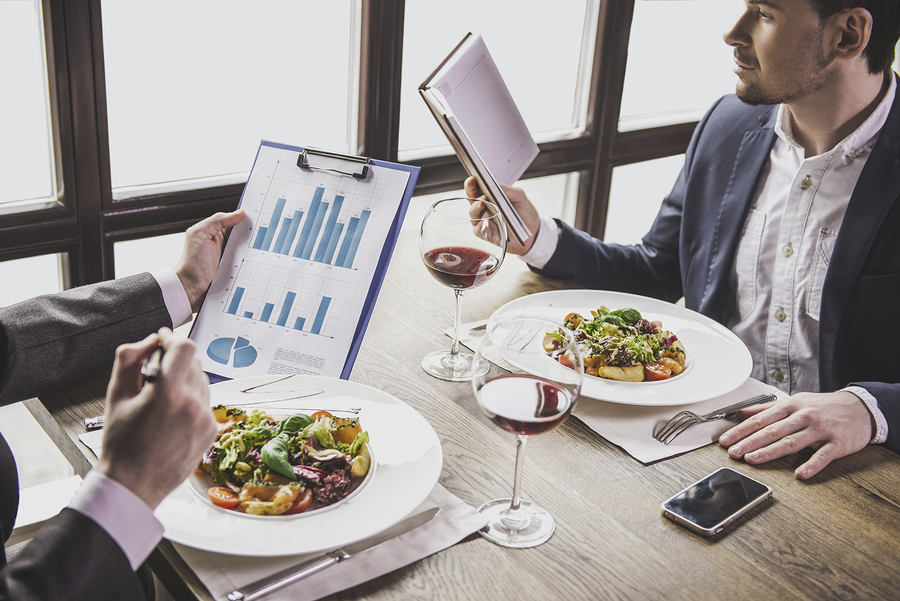The area of “meal entertainment” is an absolute minefield for accounting professionals like us. It can be very difficult to know when an expense incurred by a client relating to food or drink should be recorded with GST or not. Luckily there is a resource out there via the ATO that brings some clarity to the situation.

And here is the resource – it’s Taxation Ruling TR 97/17, paragraph 25.
Basically, the table outlines various circumstances in which food and drink may be provided e.g. at the business premises, at a cafe or restaurant, whilst travelling, at a seminar, drinking alcohol, employees only, employees and their spouses etc. Within the table is a column indicating whether or not the situation or cost would be tax deductible. This is the important column for BAS Agents! If your client uses the Actual Method to value meal entertainment, and the expense is tax deductible, then it follows that GST is also claimable. Bookmark this table for future reference because by using it, you will always be sure that you have applied the correct GST treatment in this area. Remember, if it’s tax deductible, GST also applies! This table makes this area much less of a minefield – do you agree?
A few more tit bits about bookkeeping & meal entertainment…
When coding meal entertainment expenses for clients, it’s important to firstly approach the accountant and ask if he would like specific accounts set up for the purpose. He may just say that you should code all of these expenses to one account and he will deal with it all at year-end. On the other hand, he may inform you that fringe benefits tax applies to your client’s situation and that you must code specifically to show if the expense is only for the client or for the client’s employee. He may even wish you to create sub-accounts to track different types of meal entertainment. Best to have the conversation when you first begin working with a new client in order to ensure you record data for this area correctly.
Also, the following items ARE NOT MEAL ENTERTAINMENT! These are all tax deductible and GST is to be claimed (where GST applies to the specific expense).
- Gifts to clients and staff members
- Meals taken whilst travelling for business purposes
- Meals/food provided at conferences and events
- Meals/food purchases connected to a business e.g. a pub or cafe
Did you know?
And to finish off with, a little bit of helpful information I was recently given from an accountant (and which I didn’t know!):
Non-tax deductible meal entertainment expenses must NOT be coded to director loan or drawings for a company director – it must always go to a profit and loss account. However, it is okay to code these types of expenses to drawings for a sole trader. Working out if a meal entertainment expense is tax deductible is now pretty simple (or a bit more simple at least) – you just have to refer to the above table! Of course, if you’re still unsure, refer to the client’s accountant.
I still say meal entertainment is the most difficult of areas in terms of bookkeeping – so many scenarios and if, buts and maybes! Do you find this area confusing? How do you handle this in your firm? Share you ideas below.

Entertainment Expenses can be allocated to a Director loan but it does not benefit the Director as it can put them into a position to need to deal with Division 7A for ‘Debit Loans’ or overdrawn accounts. They are best to be put to the Profit and loss and then the tax agent can adjust for them in the Tax Reconciliation.